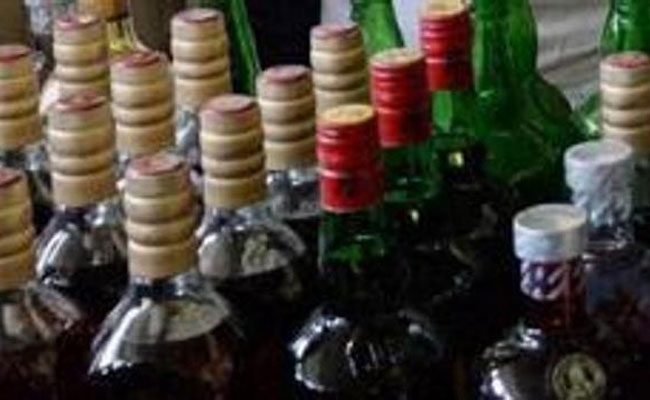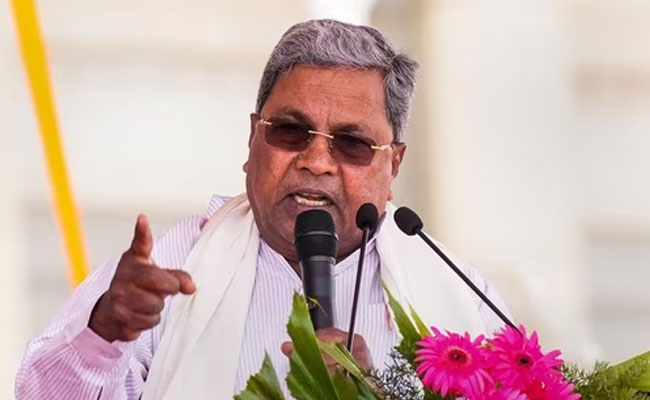Bengaluru: In preparation for the upcoming Lok Sabha elections, BY Vijayendra, the State President of the Bharatiya Janata Party (BJP), issued a directive on Thursday appointing 11 members as spokespersons, with former MLC Ashwath Narayan named as the chief spokesperson.
The list of appointed spokespersons includes prominent individuals such as Hariprakash Konemane (Editor-in-Chief of Vistara News), Chalavadi Narayanaswamy, Tejaswini Gowda, KS Naveen, MG Mahesh, HN Chandrashekhar, Narendra Rangappa, Surabhi Hodigere, Ashok KM Gowda, and H Venkatesh Dodderi. The selection reflects a diverse representation to effectively communicate the party's messages.
Prashanth Makanuru has been appointed as the new social media head in Karnataka, while Narendra Murthy will serve as the co-convener. In the information technology division, Nithin Raj Naik and Shyamala Raghunandan will take charge as convener and co-convener, respectively.
The media section will be overseen by Karunakara Khasale as the convener and Prashanth Kedanji as the co-convener. The appointments aim to strengthen the party's organizational structure and outreach in the lead-up to the crucial elections.
Let the Truth be known. If you read VB and like VB, please be a VB Supporter and Help us deliver the Truth to one and all.
Belagavi (Karnataka) (PTI): The Karnataka Excise Department has conducted a statewide crackdown on illegal liquor trade over the last two years, resulting in arrests and seizures of alcohol, Karnataka Excise Minister R B Timmapur said on Tuesday.
As many as 1,09,017 people were arrested, and seizures included 13.66 lakh litres of liquor and 27.19 lakh litres of beer, he said in a written reply to a starred question by Harihar BJP MLA B P Harish in the Karnataka Assembly.
The Minister said the enforcement drive covered the financial year 2023–24, 2024–25 up to June, and 2025–26 from July to October, targeting unauthorised liquor manufacture, storage, sale and transportation across the State.
"During this period, statewide enforcement drives resulted in a total of 1,84,570 raids against illegal liquor sales,” Timmapur said.
ALSO READ: BJP accuses Karnataka govt of 'failing' to prevent noise pollution caused by 'azaan'
He noted that 9,179 non-bailable cases and 91,968 bailable and compoundable cases under Section 15(A) of the Karnataka Excise Act, 1965, were registered during the same period.
According to him, there have been no reports indicating that students have become addicted to alcohol due to illegal liquor sales.
The sale of alcohol to minors is strictly prohibited under the Karnataka Excise Act, 1965, and the department has issued periodic instructions to initiate legal action against violators, with strict enforcement and investigation measures in place, the Minister said.
Excise officials are carrying out regular road and night patrols, collecting intelligence, monitoring habitual offenders and conducting raids to identify illicit distillation units, unauthorised liquor outlets and spurious liquor manufacturing centres, he said, adding the department is also enforcing the law to prevent the production, storage, sale and transport of spurious, non-duty-paid and unauthorised liquor.
Regular patrols are being conducted on national and state highways, with suspicious vehicles being subjected to checks.
At the district level, standing committee meetings are held under the chairmanship of Deputy Commissioners, and joint operations are carried out with the police and forest departments to curb excise-related offences.
The department is also conducting awareness programmes through Gram Sabhas and in schools and colleges to educate the public and students about the physical, mental and social health hazards associated with alcohol addiction and substance abuse, Timmapur added.





